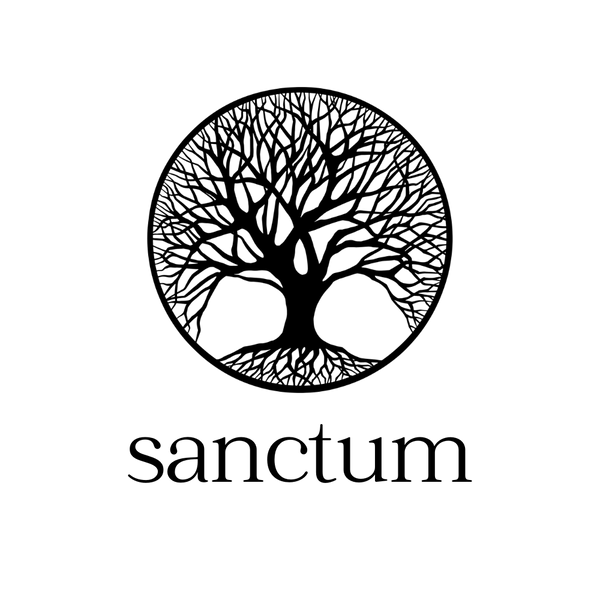As we continue to see an increase in eco-consciousness, it's important to consider not only our daily habits but also our end-of-life choices. A traditional burial, complete with embalming fluid, synthetic outfits and non-biodegradable caskets, is toxic for the environment. Cremation, while a popular option, may not be the most earth-friendly choice.
The cremation process requires a significant amount of energy, emitting harmful pollutants such as carbon dioxide and mercury into the atmosphere. In fact, the amount of carbon dioxide released by a single cremation is equivalent to driving 250 miles. Additionally, the process uses non-renewable fossil fuels to reach the high temperatures needed to cremate a body.
Cremation is certainly more affordable and practical in a time of land overuse. Traditional burial methods require large plots of land, which can contribute to deforestation and loss of wildlife habitats. A solution is a natural or "green" burial, using a biodegradable shroud or wicker casket, which allows for natural decomposition and even aid in the growth of new plant life.
In addition to natural burials, one may choose alkaline hydrolysis (or aquamation, which is essentially water cremation) or natural organic reduction (NOR), otherwise known as terramation or human composting. (BTW, human composting is still illegal in Canada.) By choosing a more sustainable funeral option and using only naturally biodegradable materials (like our shrouds), you can rest assured that your ecological footprint will be minimized even after you've passed.

